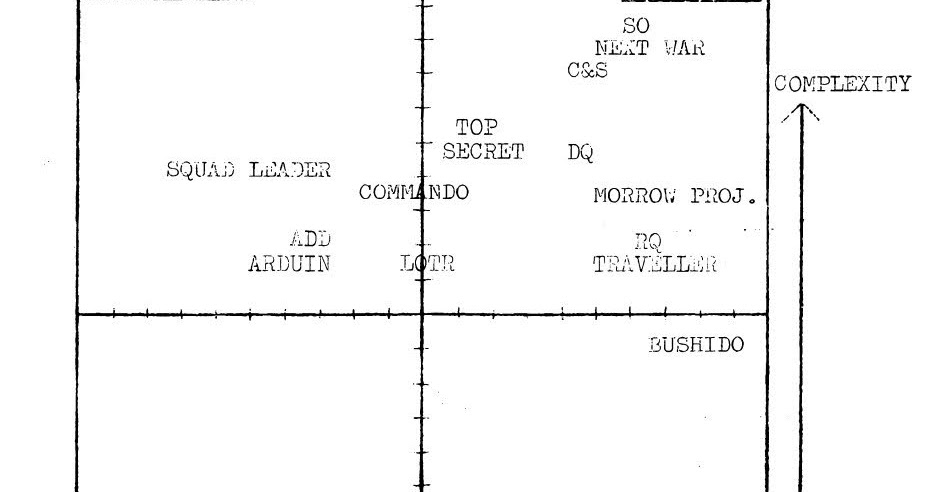@Aldarc -- There's so many things Savage Worlds does right. And you're not wrong, it's definitely a relic of its era. The first edition came out around 2002, and Deadlands maybe 4 or 5 years before that.
And it's still a very, very traditional system. It's discrete action/task resolution. Bennies/wounds/soak rolls are basically the same as healing surge / hit dice, only the metamechanics are applied immediately rather than as "Fortune in the Middle."
The thing that finally got me looking at other systems after 8 years was how hard it is to balance encounters where the players aren't just sitting around waiting for the dice to explode. The range of "fun yet challenging" encounter balance is very, very narrow.
What ends up happening is outside that very narrow band, encounters end up being total pushovers for the party, or they end up "sloggy."
And in my case, where I tend to keep encounters more grounded at the human level, it was starting to get boring. Boring to run the same ho-hum encounters ("Oh look . . . More spearmen. More archers. More swordsmen. Yay"), boring for the players, who after 8 years know every possible build trick, and aren't challenged anymore without ramping up the degree of difficulty so high that the flow of combat grinds to a stutter.
And truthfully, I don't know how much I really loved the upgrade from SW Deluxe to SWADE. Some of the speed/elegance got lost with the addition of the new condition effects, the changes to reduce the "whiffiness" of being shaken, the action economy changes. A year+ after I got my SWADE hardcover from the kickstarter, I still couldn't give you a clear explanation of how the "Frenzy" edge works now.
*Edit: the net result is that it's now nearly as tactically heavy as D&D 3, but with the added overhead of not just having to track hit point loss, but needing to track conditions, while worrying that the "whiff" factor is too high and the players tune out between turns. There's now too much mental overhead on the GM, with not enough tactically interesting choices for the players to make the GM overhead worth it. SWADE is probably the more mechanically sound system than Deluxe, but there's a subtle but palpable shift in mindset behind SWADE that loses some of the magic for me.
To top it off, going remote in the pandemic sapped the energy away as well. Savage Worlds relies heavily on the physical/visceral experience of the initiative draw of the card deck, the physically tossing of the bennies back and forth, the physical sound and sensation of the dice hitting the battle mat.
My last Ironsworn session was more enjoyable than any 5 SW sessions put together since the pandemic hit.
*Edit 2: And it really, really pains me to write this post, because I want to unabashedly love Savage Worlds, but I can't recommend it anymore without throwing out a huge list of provisos. And the thing of it is, when you hit the sweet spot, it's beautiful. D&D 3 never came within a country mile of the best experiences I had with Savage Worlds at its best. It's just become too hard to find that sweet spot anymore.

 playingattheworld.blogspot.com
playingattheworld.blogspot.com





